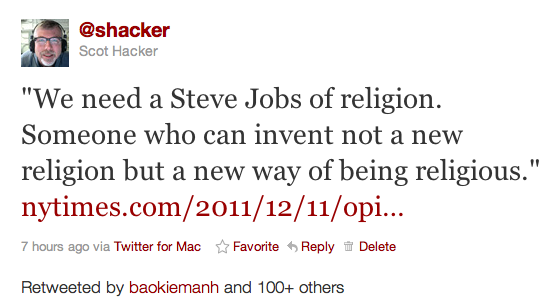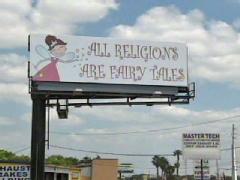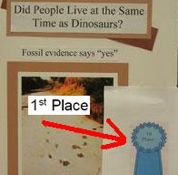 I am feeling at peace, and sort of speechless after having just watched Ron Fricke’s 1992 film Baraka, a follow-on to his 1983 journey Koyaanisqatsi. No words (but not silent), no script, no actors or plot. Just existential film imagery from seemingly half the countries in the world, depicting humans in all their meditative, strange, indescribably gorgeous religious splendor, juxtaposed with footage of humans in all their violent, herd-like, strange, indescribably gorgeous cultural porridge.
I am feeling at peace, and sort of speechless after having just watched Ron Fricke’s 1992 film Baraka, a follow-on to his 1983 journey Koyaanisqatsi. No words (but not silent), no script, no actors or plot. Just existential film imagery from seemingly half the countries in the world, depicting humans in all their meditative, strange, indescribably gorgeous religious splendor, juxtaposed with footage of humans in all their violent, herd-like, strange, indescribably gorgeous cultural porridge.
Baraka is, ultimately, an environmental film, but not in the way we’ve come to think of the term – it’s about the environment of our existence, our ways of being in (and with, and without) the world. There is an environmental subtext in a more traditional sense as well, but that’s not Fricke’s primary thought – it’s more about human life and the myriad ways our quest for meaning manifests.
The wisdom of making such a film without words cannot be underestimated. While there are many sequences that leave you dying to know more about what you’re seeing, any speech or text would have diluted the experience by intellectualizing something intensely experiential.
Watching Baraka had me revisiting thoughts on religion I’ve expressed over the past year. Religion is strange and arbitrary, but only because existence is strange and arbitrary. Our world is ineffable, and so therefore are our expressions of it. Religion is no more irrational than being in the world is.
I feel peaceful tonight, in a way I have not for a long time. I’ve been living in stress for months on end, feeling my nerves begin to fray, my mind atrophy as external inputs have all but ceased. Watching Baraka made me want to travel the world, open my eyes, close them, then open them again. It made me want to taste dirt, stare into the sun, kiss every human, sing Ketjak, wander through the desert, taste every food, scale the pyramids, swing from vines, paint my body, read every scripture.
I feel washed.




 Free speech is one thing, but come within a mile of religion and people are going to get tweaked. In Orange County, FL, a week before Easter, a billboard
Free speech is one thing, but come within a mile of religion and people are going to get tweaked. In Orange County, FL, a week before Easter, a billboard 
 I am feeling at peace, and sort of speechless after having just watched Ron Fricke’s 1992 film
I am feeling at peace, and sort of speechless after having just watched Ron Fricke’s 1992 film